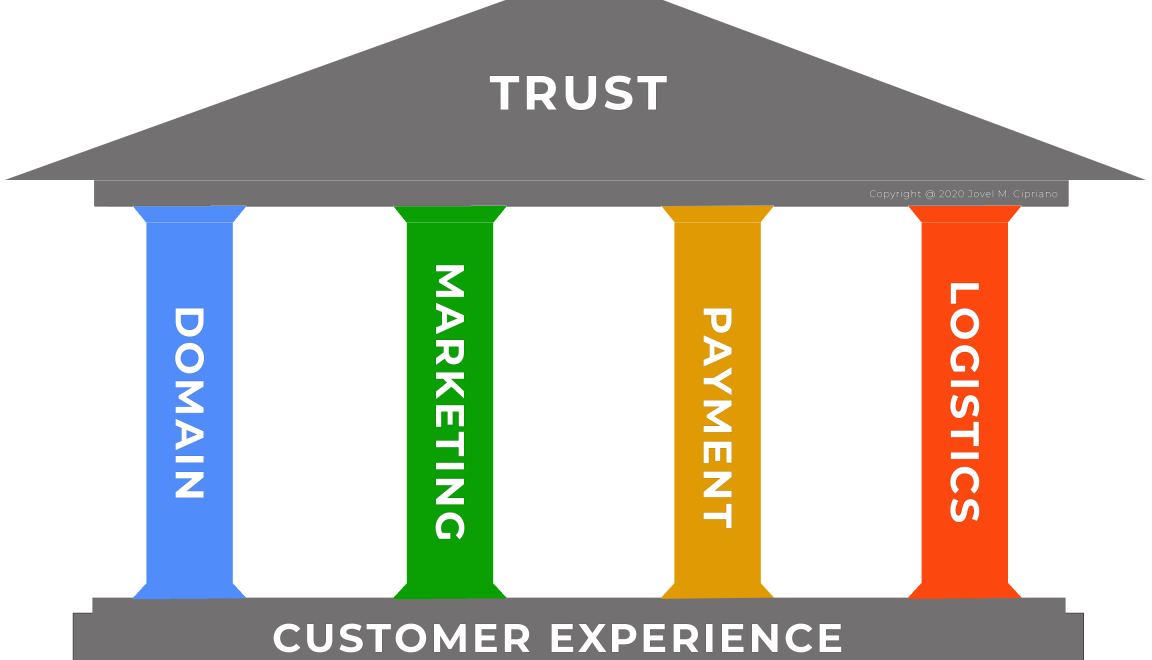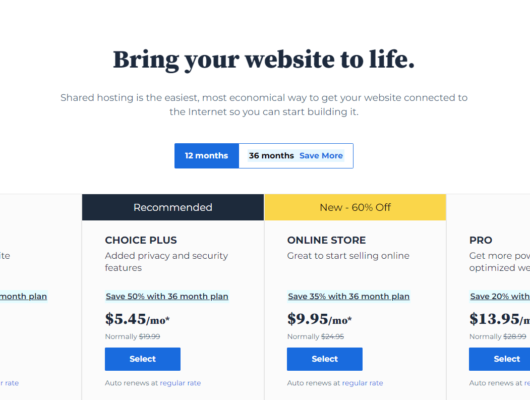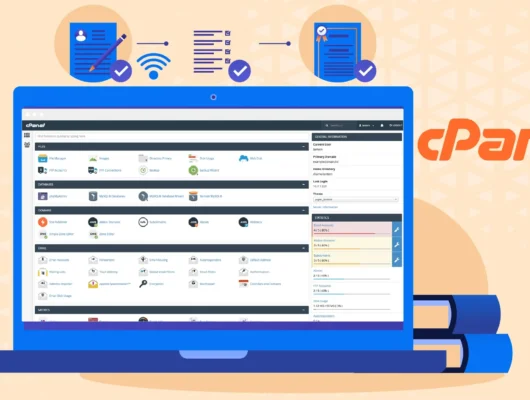In the fast-paced world of e-commerce, the right hosting can make all the difference in providing a smooth and secure shopping experience.
E-commerce hosting isn’t just a technical choice—it’s the backbone that supports your online store’s performance, security, and scalability.
In this article, we’ll explore different types of hosting options for e-commerce businesses, and highlight the key factors that impact your website’s success.
Types of E-Commerce Hosting
1. Shared Hosting
Shared hosting is a budget-friendly option, ideal for small businesses or startups just getting started. It involves sharing server resources with other websites.
While it’s affordable, it can limit performance as your site grows. It’s best for businesses with low to moderate traffic.
2. Virtual Private Server (VPS) Hosting
VPS hosting offers a step up from shared hosting. It provides dedicated resources within a virtual environment, giving you more control and flexibility.
VPS hosting is perfect for growing e-commerce businesses that need more power without paying for a dedicated server.
3. Dedicated Hosting
Dedicated hosting gives you an entire server to yourself. This option is ideal for established e-commerce businesses with high traffic and specific performance needs.
It offers the best performance, security, and reliability but comes at a higher cost. It’s a solid choice for businesses at scale.
4. Cloud Hosting
Cloud hosting uses multiple virtual servers to host your site, offering flexibility and scalability.
This solution allows businesses to adjust their resources based on demand, which makes it great for sites with fluctuating traffic.
It’s a strong option for growing businesses that need to scale quickly and efficiently.
5. Managed Hosting
Managed hosting includes full server management, where the hosting provider takes care of updates, monitoring, and performance optimization.
This is ideal for businesses that want to offload the technical side of hosting and focus more on growth.
6. Content Delivery Network (CDN)
While not a direct hosting solution, a CDN plays an important role in e-commerce hosting by distributing your website’s content across multiple global servers.
This reduces loading times and enhances user experience, especially for international customers.
Key Factors to Consider for E-Commerce Hosting
1. Security
Security is critical for e-commerce websites, as they handle sensitive customer information.
SSL certificates, firewalls, and compliance with industry standards like PCI DSS are necessary to protect transactions and build trust with your customers.
2. Scalability
As your business grows, your website must be able to handle increased traffic, more products, and additional features without slowing down.
Look for hosting solutions that offer easy scalability so your site can expand seamlessly.
3. Performance
The speed of your website directly affects the customer experience. A slow-loading site can turn potential buyers away.
Choose hosting that provides fast loading times and minimal downtime to keep your store running smoothly.
4. Support
Responsive customer support is essential for solving any technical issues.
Make sure your hosting provider offers 24/7 support so you can address problems quickly and minimize downtime.
Read more about Online store hosting…
Conclusion
E-commerce hosting plays a vital role in the success of your online store.
Your hosting choice affects everything from website performance to security and scalability.
Whether you opt for shared hosting, VPS, dedicated hosting, or more advanced solutions like cloud hosting and managed hosting, it’s essential to align your choice with both your current business needs and future growth goals.
By understanding the different hosting options available, you can ensure that your online store is built on a solid foundation that supports performance, security, and long-term success in the competitive e-commerce space.






